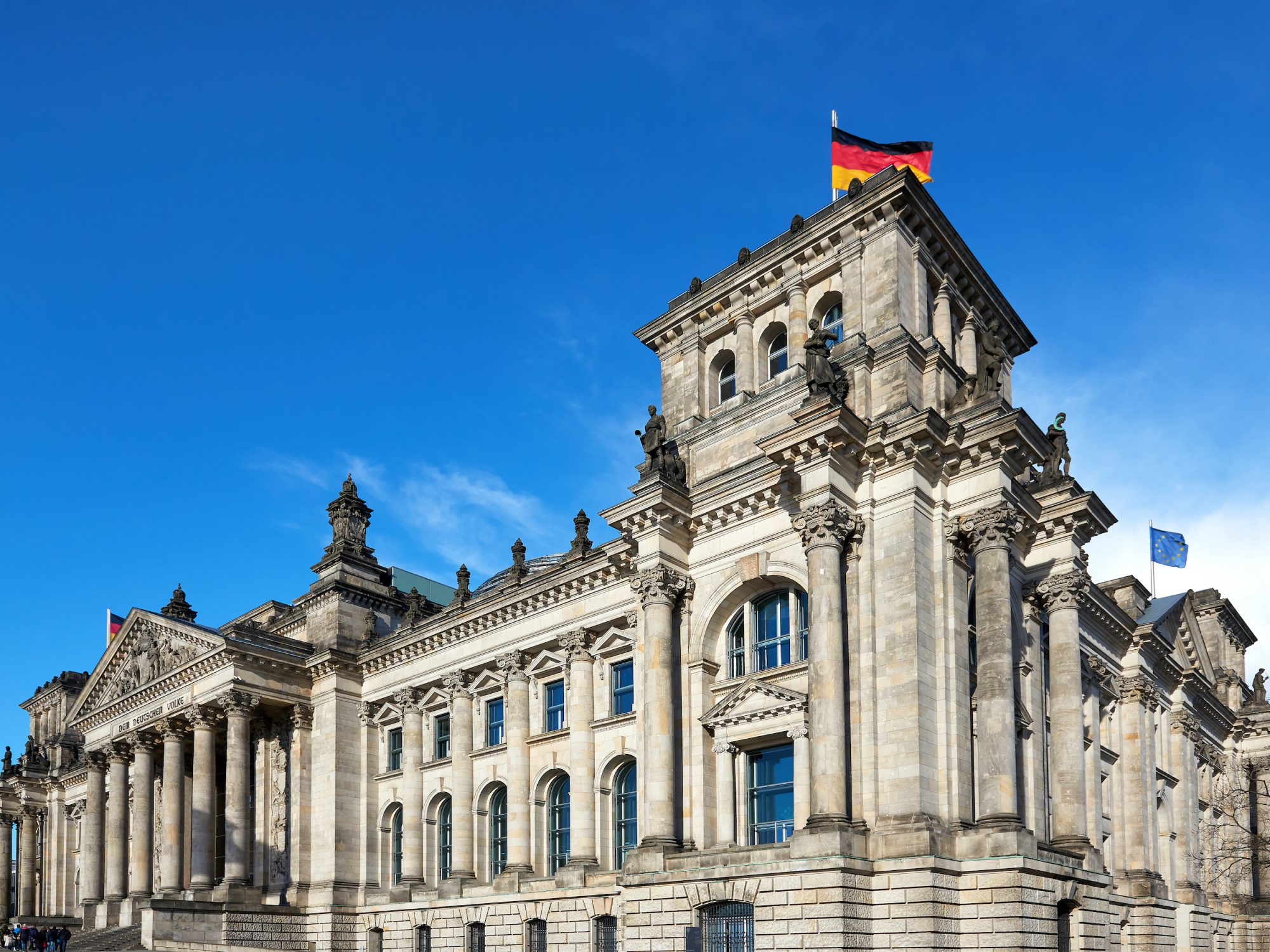Germany Inflation Hits 50-Year High
ألمانيا تسجل أعلى مستوى من التضخم في 50 عاما
QNA
Berlin: Germany hits the highest level of inflation in 50 years, caused by a rise in, the cost of living, energy, and foodstuff prices.
The data provided by the Federal Statistical Office of Germany indicate that levels of inflation reached 7.9 percent in May 2022.
The rate of inflation is calculated through comparing the difference between the Consumer Price Index (CPI) of a given month, with the same month of the previous year.
This is the highest level of inflation Germany has recorded since its reunification around 40 years ago.
This record is similar to that of 1973 and 1974 during the 1973 World Oil Crisis.
The Federal Statistical Office of Germany blamed the war in Ukraine and the rise in oil prices for hitting this record high inflation. Energy prices increased by 38.3 percent compared to the same period of the previous year, whereas foodstuff prices increased by 11 percent.
As the case with other parts of the world, high inflation rates weakened German consumers’ ability to buy an array of products and services, thus weakening their purchase power.
Analysists estimate that Europe as a whole will witness this year an inflation rate of around 6 percent on average.
Furthermore, German authorities are planning a series of policies that aim to reduce the burden on consumers, especially in the domain of energy, where the government might issue monthly budget public transportation cards for the period between June and August, in addition to offering motorists discounts at gas stations.
قنا
برلين: سجلت ألمانيا أعلى مستوى من التضخم منذ ما يقرب 50 عاما، مدفوعا بارتفاع تكاليف المعيشة وأسعار الطاقة والسلع الغذائية.
وأظهرت بيانات صادرة عن وكالة الإحصاء الألمانية /ديستاتيس/، اليوم، بلوغ معدل التضخم 7.9 بالمئة في مايو 2022، حيث ارتكزت الأرقام الأولية على مؤشر أسعار المستهلك وبالمقارنة مع الأسعار في مايو 2021.
ويعد هذا أعلى مستوى من التضخم تسجله ألمانيا منذ إعادة توحيدها، وهو مستوى مشابه لما سجل في عامي 1973 و1974 عقب أزمة النفط العالمية.
وأشارت وكالة الإحصاء الألمانية إلى أن الحرب في أوكرانيا وارتفاع أسعار الطاقة هما السببين الرئيسيين لهذا المستوى القياسي من التضخم، حيث ارتفعت تكاليف الطاقة بحوالي 38.3 بالمئة مقارنة بالفترة نفسها من العام الماضي، فيما ارتفعت أسعار السلع الغذائية بنسبة 11.1 بالمئة.
وعلى غرار الحال في أغلب أجزاء العالم، أثرت مستويات التضخم المرتفعة على قدرة المستهلكين الألمان في شراء مجموعة كبيرة من المنتجات والخدمات، وبالتالي ضعفت القوة الشرائية.
ويعتقد محللون أن تشهد أوروبا ككل مستوى تضخم بنسبة 6 بالمئة في المتوسط خلال العام الحالي.
وتخطط السلطات الألمانية لسلسلة اجراءات وسياسات لمحاولة تخفيف الأعباء على المستهلكين، وبخاصة فيما يتعلق بارتفاع أسعار الطاقة، وقد يتضمن ذلك إصدار بطاقات شهرية رخيصة للنقل العام خلال الفترة بين يونيو وأغسطس، ومنح خصومات للسائقين في محطات البنزين.




